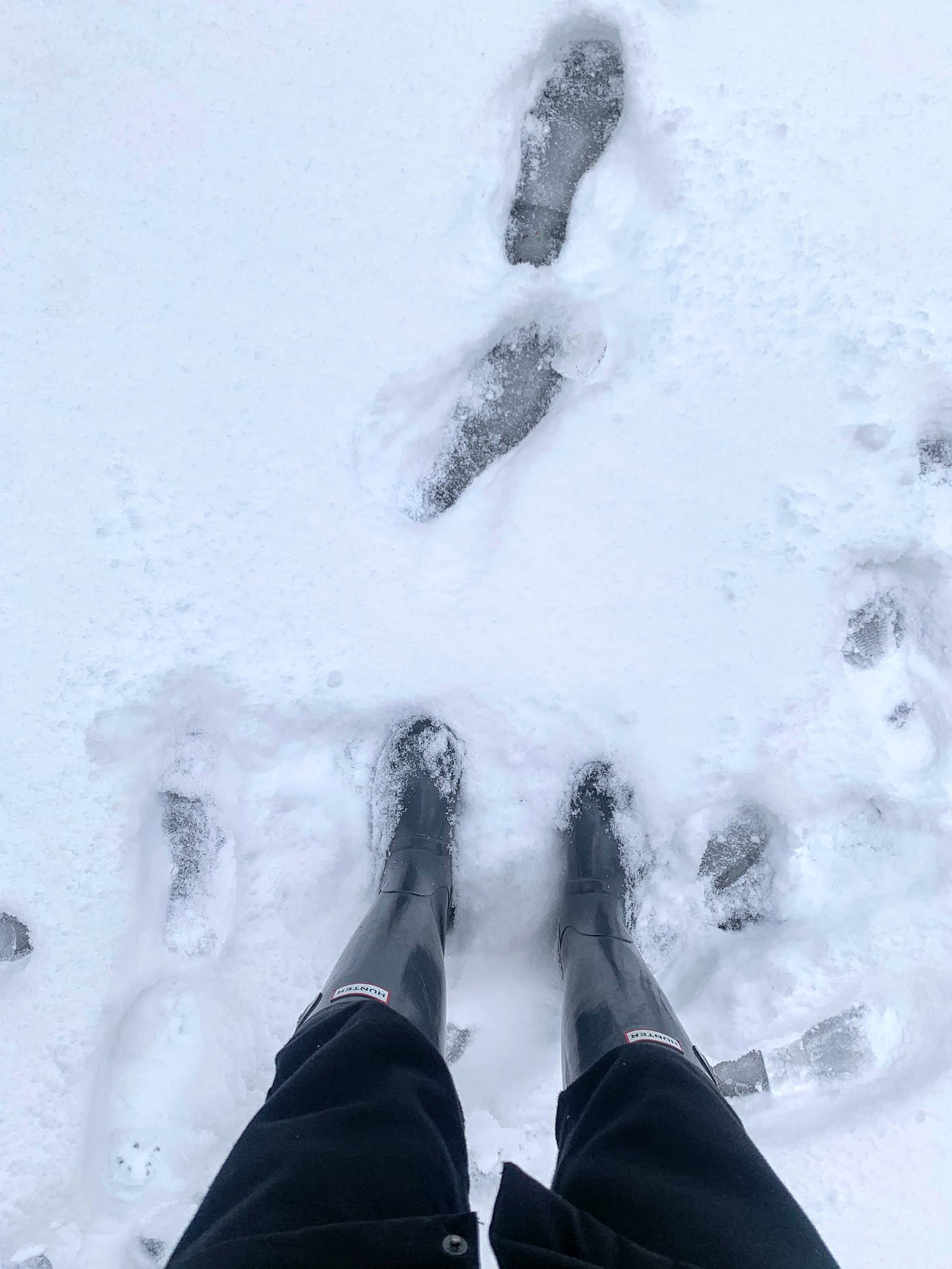This morning, I took a long scroll through my Goodreads and Pocket history. (There is another piece to write about the affective experience of re-experiencing life through the lens of your digital archives. Someone will probably write that essay for Real Life soon.) I was searching for favorite end-of-year reads—the pieces that I’ve read once and thought about again and again and again—and copied those links into a doc.
When I look at the list, my year’s reading was clearly about one thing: people who build.
I have always narrativized myself as a critic, a cynic, a scold. I was the armchair analyst who theorized about systems I’d never built and playing cards I’d never been dealt. But over the past year, my bias has flipped in favor of movement. The more static things seem, the more pushes we need, and while creation may not always be virtuous, it is human. We keep making dents in the universe to remind ourselves we’re still alive.
The silly part of hustle and grind culture is the notion that building can only be done by Great Men™, that it requires waking up at 5am to meditate and drink celery juice and subject your shivering skin to the cold showers of the Wim Hof method, that it must fit into predetermined forms like the YC startup or the big publishing house novel or the honors dissertation. On the flip side, the myopia of craft obsessives is pursuing perfection within the confines of a narrow project and ruleset—what some refer to as a “finite game.”
But these assumptions are wrong. The things I’m most awed by were created without playbooks or permissions, by people who simply wanted to make things and had the courage to set their work free.
I’m aware that it might feel callous to celebrate agency at the end of a year that was objectively very hard for many people. But for me, media consumption is a form of self-medication; of psyoping myself into seeing and being and feeling more of the things that I want to see and be and feel. This short reading list about making—its mindset, its outputs, steps both forwards and back—is a prescription for anyone else who needs a bit of that too.
Love songs are about youth even when old people sing them and write them because they are about the willingness to fail and the hope of being destroyed. Love songs assume there is always more in the future, and that failure is worth it.
— Helena Fitzgerald, “love songs”
On words that matter: bad poetry, little magazines, journalism of import.
On telling traitorous truths.
On a politics that both resists and imagines.
On technological utopias, past and future.
On making memes into ideology, asset classes, and pseudo-artistic acceleration.
On movements strengthened by pluralism and pluriversality.
On the unsexy emotional grind of personal growth and collective change.
On the digital grassroots: squads, labels, cooperatives, DAOs.
On playing protagonist in the urban ballet.
On wanting something—or someone—to believe in.
I could never publish the type of things I write here in a real magazine; no one would pay me for it, because it doesn’t fit into “genre.” Because it prioritizes feeling over form. Because there is no logic to the words on this page, and I never know the truth until I’ve written it down. And yet this work, this poetry, sustains me. May we make art that feels true even if people cringe. May bad poems be louder than silence.
— Mary Retta, “the anatomy of a poet”
🌱 quick life updates
Here are few things I’ve been proud of making or contributing to in 2021, each created with and supported by many others:
Three pieces of writing, each longer than the last:
Reboot Writer Studio and Kernel Magazine
The 2021 Reboot Fellowship (and the seeds of 2022’s!)
The Substack Grow writers’ course
A new declaration for the interdependence of cyberspace
It’d bring me a small but very bright moment of joy if you replied and shared something you made this year.
— jasmine





thanks for sharing the pieces that resonated with you! super cool to see where your mind has traveled, and I'm going to carry the concept of bad poems with me...